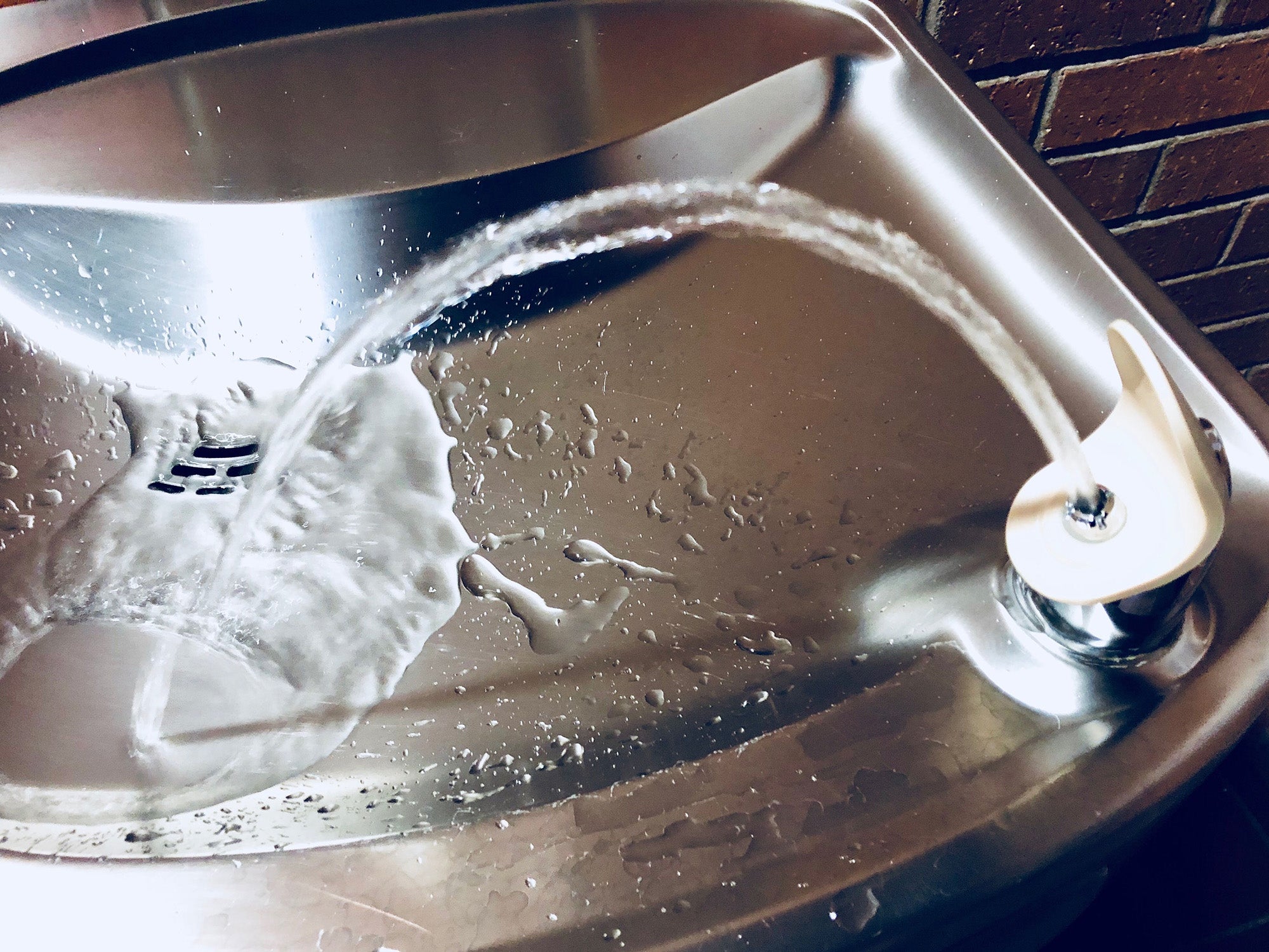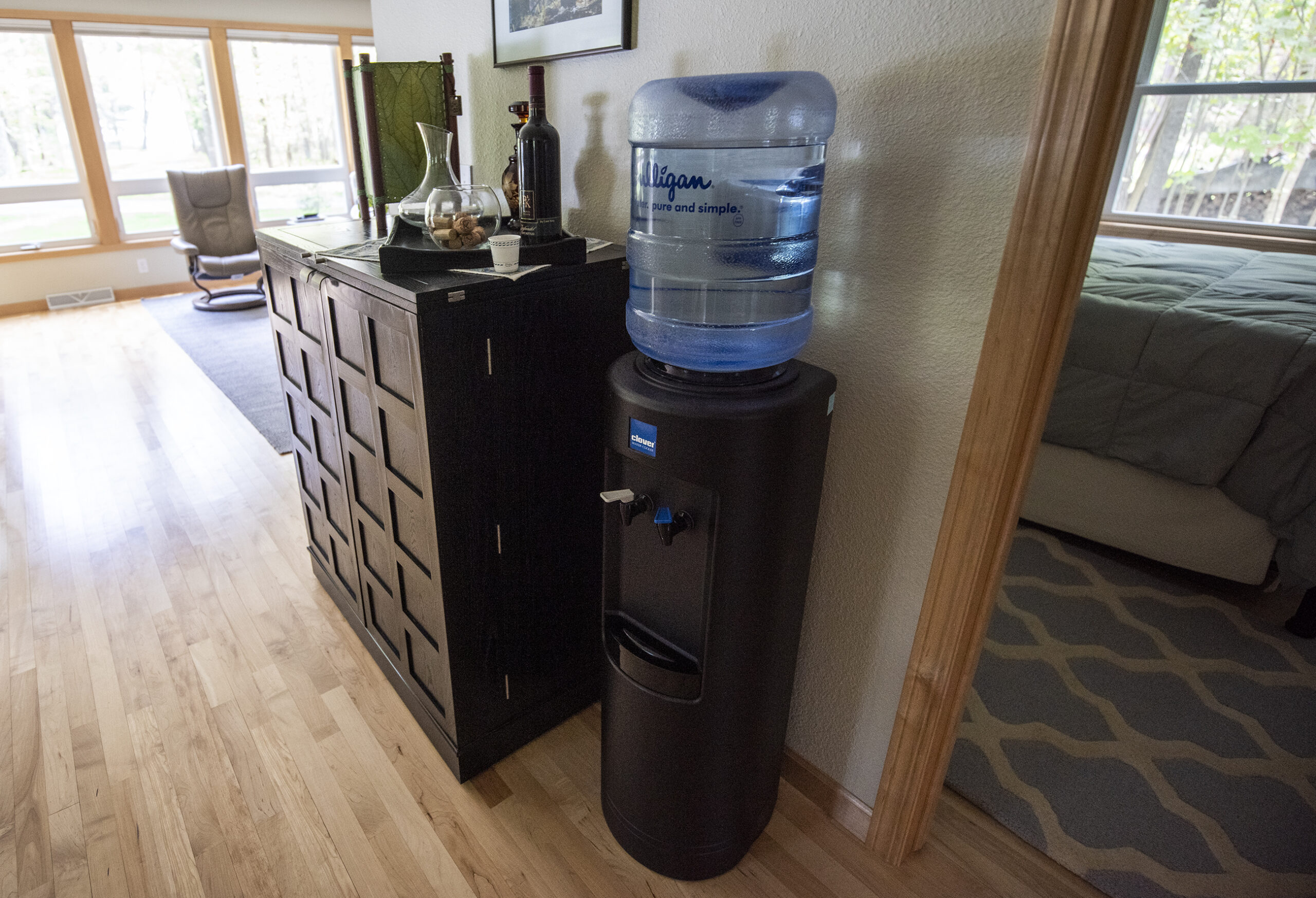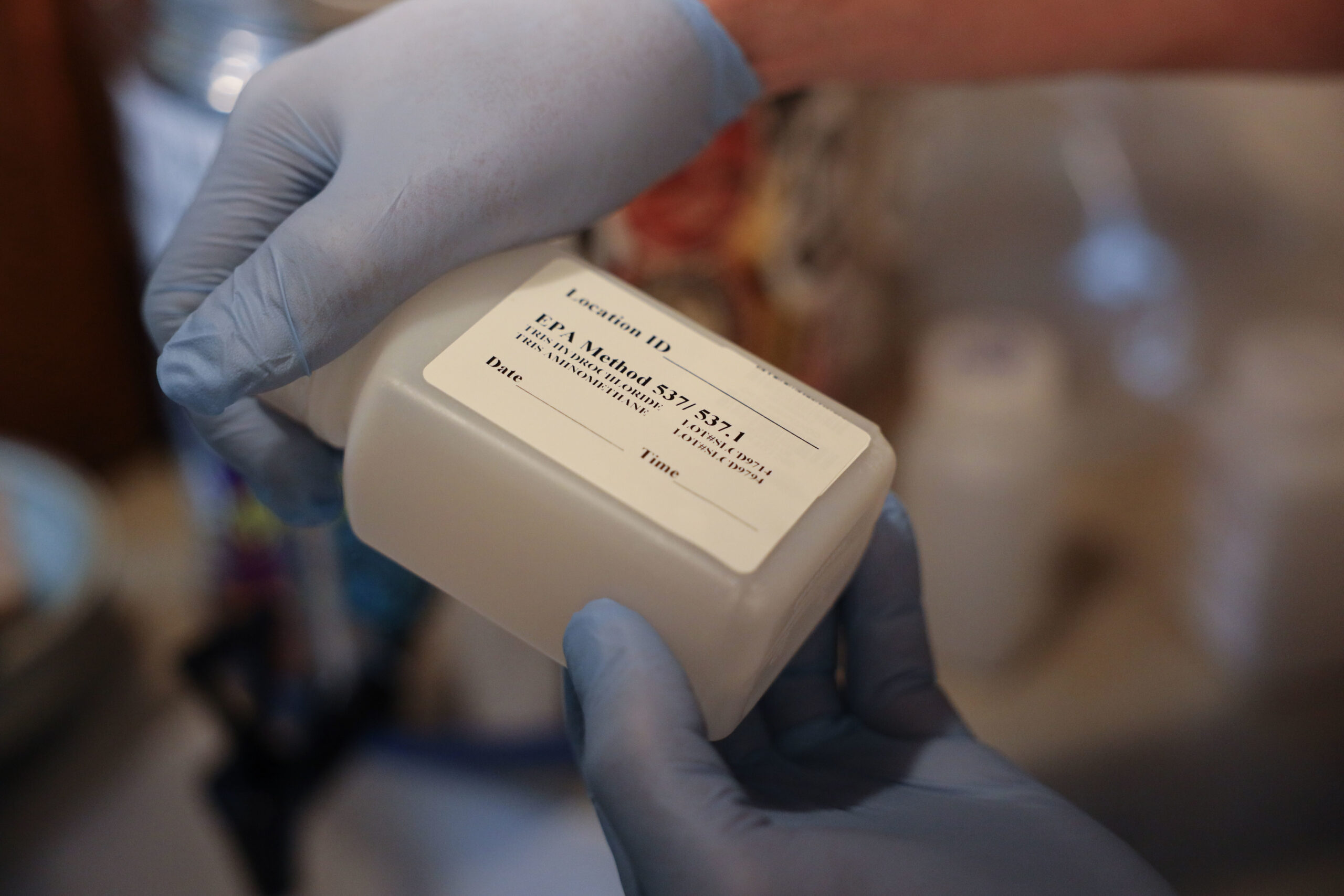Gov. Tony Evers is asking state agencies to expand the scope of addressing perfluoroalkyl and polyfluoroalkyl substances, commonly called PFAS, in response to growing concerns over their impact on public health.
The substances are often referred to as “forever chemicals” because they don’t easily break down in the environment. They’re found in products ranging from firefighting foam to nonstick cookware. The chemicals have been detected across the state in cities like Superior, Marinette, Milwaukee and Madison.
Evers is directing the Wisconsin Department of Natural Resources to move forward with rulemaking to create enforcement standards for safe drinking water and surface water in addition to groundwater quality standards. In June, the Wisconsin Department of Health Services recommended a groundwater quality standard of 20 parts per trillion for two of the most common PFAS chemicals: PFOA and PFOS.
Stay informed on the latest news
Sign up for WPR’s email newsletter.
“The surface water standard will be set by the DNR with our toxicologists but using scientific data from the Department of Health Services and also we would be establishing that safe drinking water standard with the Department of Health Services,” explained Darsi Foss, administrator with the DNR’s Environmental Management Division.
Foss said the standards for each may be different than the 20 parts per trillion threshold set for groundwater. The enforcement levels would require public water supplies to test drinking water for the presence of those chemicals to ensure standards are met. Enforcement levels would need to be developed within the next 30 months.
“It’s likely that a municipality or industry will need to either put in treatment technology or change practices,” said Foss.
Environmental groups have criticized the state for not moving more quickly to address public health threats from the chemicals under former Gov. Scott Walker. Meanwhile, industry groups like Wisconsin Manufacturers and Commerce have criticized the current administration as they’ve sought to address PFAS, saying water ratepayers and businesses that will be financially impacted by new standards have been left out of the process.
Chris Groh, executive director with the Wisconsin Rural Water Association, which represents small public water utilities, said his members aren’t opposed to testing for PFAS. However, he noted the state’s recommended levels for groundwater are more restrictive than the 70 parts per trillion advisory level set by the U.S. Environmental Protection Agency.
“We’re always for testing water to be sure it’s safe and good quality for our clients and our customers, but the limits are a little outlandish,” said Groh. “They’re just a little bit too low.”
Groh said they’re worried about the ability of small water systems to be able to comply with testing and treatment with new standards. He noted testing can be expensive and treatment may require water utilities to install charcoal filters that could cost several million dollars with replacement needed every few years.
“A lot of our systems are very small, several thousand people,” he said. “That’s a big price to pay for something of concern at the local level.”
Groh said they would rather see limits for the chemicals in line with the federal advisory level.
Other utilities say the state is preempting the federal process for setting standards for safe drinking water, including Nancy Quirk, general manager of the Green Bay Water Utility and member of the water utility council for the American Water Works Association.
“There’s a protocol that the federal government goes through to create a maximum contaminant level for contaminants,” said Quirk. “This is kind of bypassing that.”
The DNR’s Foss noted the goal is to identify where the chemicals are present and take steps to address them whether it’s discouraging the chemicals’ use or working with communities on ways to fund treatment through grants and loans. She said the state can’t afford to wait for the EPA to develop standards because it may take five to seven years before federal rules are in place.
The scope of new Wisconsin standards will be subjected to public comment and must be approved by the state Legislature. The Legislature’s joint rules committee may request a public hearing on them. Sen. Steve Nass, R-Whitewater, co-chairs the committee. His chief of staff, Mike Mikalsen, said an independent economic analysis of the standards would likely be requested to gauge their impact.
“There’s a real cost issue here,” said Mikalsen.
Mikalsen noted it’s uncertain whether the standards recommended for groundwater are actually achievable given the cost and current treatment technologies. Foss said technologies like granular activated carbon have been proven effective in addressing chemicals like PFOA and PFAS in drinking water.
The EPA will inform states by the end of the year whether they will develop a standard for drinking water.
Wisconsin Public Radio, © Copyright 2025, Board of Regents of the University of Wisconsin System and Wisconsin Educational Communications Board.





